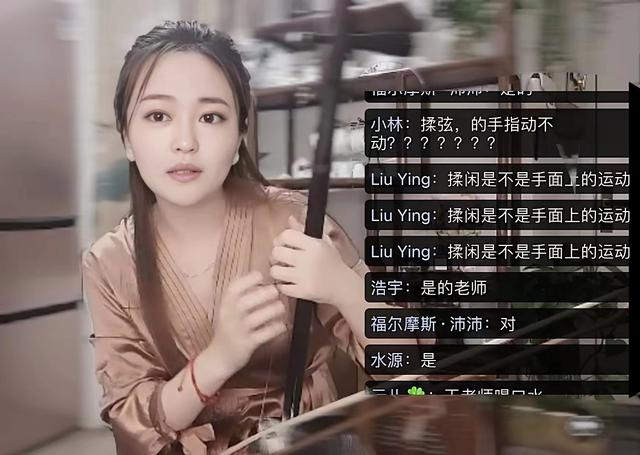"Let's practice the piano together" public welfare class to consolidate the basic skills of musical instrument performance
Pipa teacher Shao Xiao embraced the pipa, leaned forward slightly, and clicked on the "Huaxia Xuanyin" applet to prepare for the live broadcast. Nearly a thousand pipa students gathered in the live broadcast room, followed closely, watched, listened, and practiced by hand, memorized key points, and understood the key points. This is the situation when the Beijing Huaxia Xuanyin Art Communication Center held a series of public welfare classes "Let's Practice the Piano Together" on the basic skills of musical instrument performance not long ago. Since March, the four public welfare training camps for pipa, erhu, guzheng and bamboo flute have been launched, creating a strong whirlwind of strengthening the basic skills of musical instrument performance.

The "Let's Practice Together" public welfare class invited 22 outstanding young performers in the industry to combine the mature and scientific piano practice techniques of first-line music schools with solutions to various problems, and launched a golden 10-hour basic training class. The public welfare class includes four training camps for pipa, erhu, guzheng, and bamboo flute, focusing on basic skills training, abandoning the mode of learning music for the sake of learning music, and focusing on the skills of music. Taking erhu as an example, from the first lesson "The relationship between bowing with the right hand and the timbre", the second lesson "left-hand skill practice", to the fifteenth lesson "style skill training", only one thing is done at a time, which is attacking. Its one point, step by step, overall planning, solid training plan.
Knowing that "Huaxia Xuanyin" will launch the "Let's Practice the Piano Together" public welfare class, Qi Yao, a pipa teacher at Yantai University, had the first reaction to tell the students quickly. Weekly follow-up practice and review, three months have passed, and the students have made significant progress. For the 22 teachers, it is also a rare retrospective journey to lead the majority of students to practice basic skills in "Let's Practice Piano Together". "When I communicate with students online, I seem to see myself who studied hard at the beginning." A teacher sighed.
At present, the pipa and erhu courses are temporarily closed, and the guzheng and bamboo flute courses are entering the second half. It is reported that after the course, Huaxia Xuanyin's course research and development team will work with the instructors to refine the essence of the course into a 10-hour lecture and practice combined with the essence version, and further form a 10-hour golden training method that integrates the basic skills of the instrument. .
 渝公网安备 50010702504639号
渝公网安备 50010702504639号